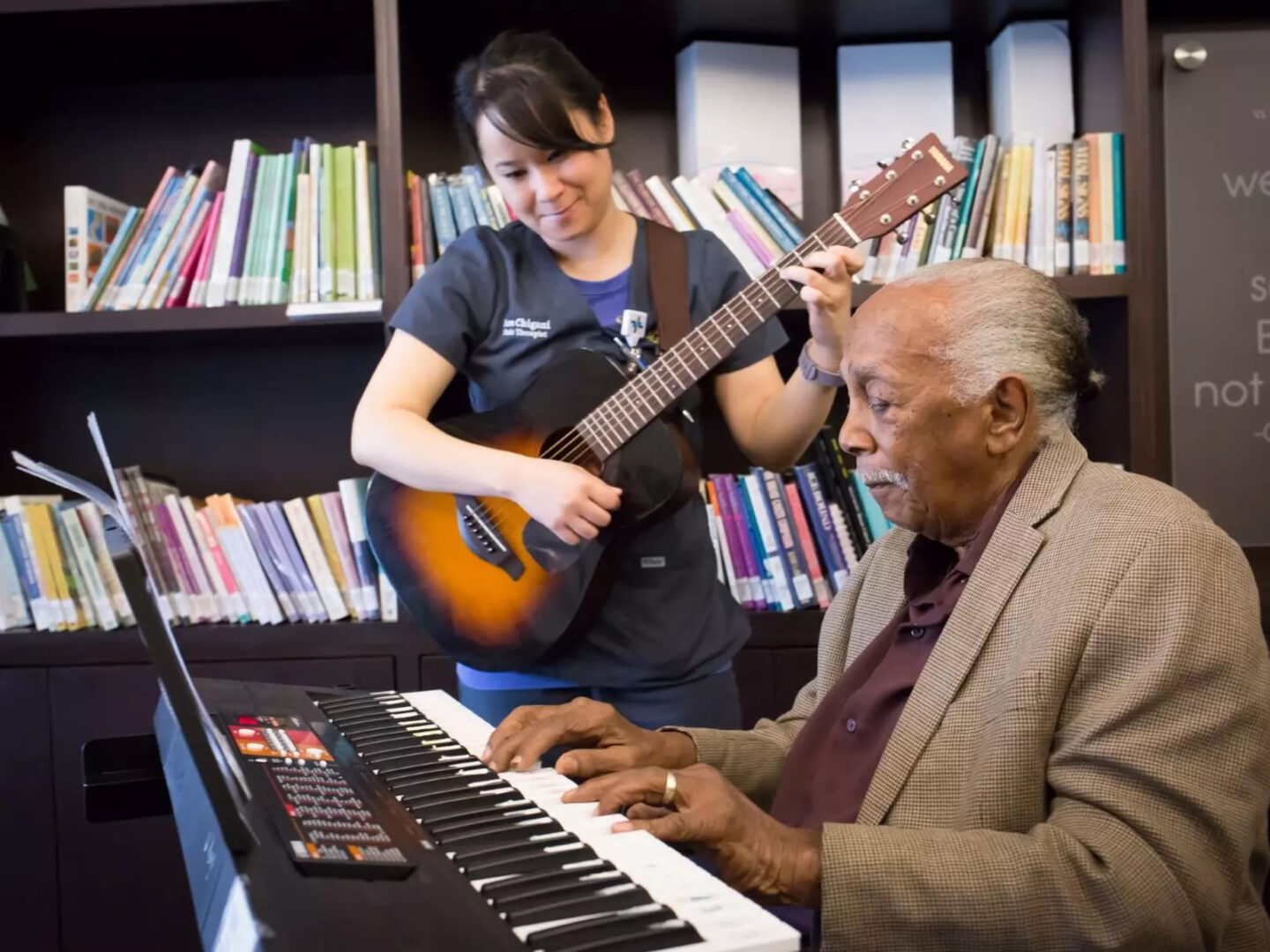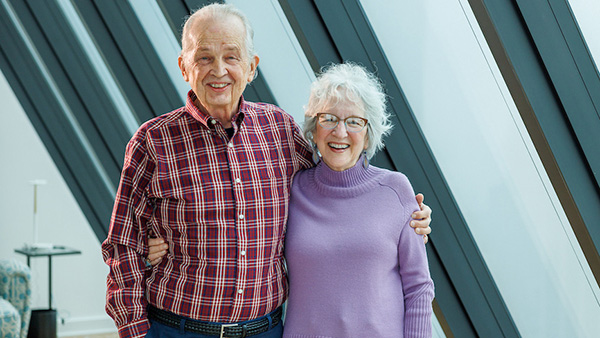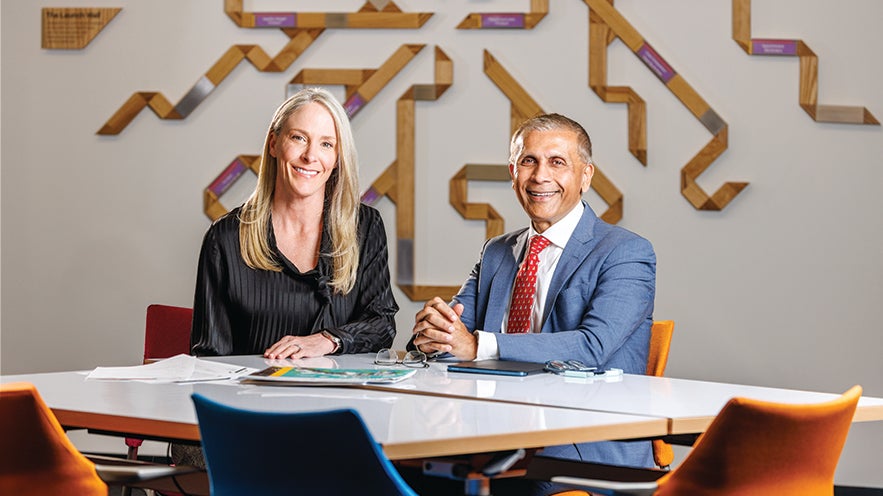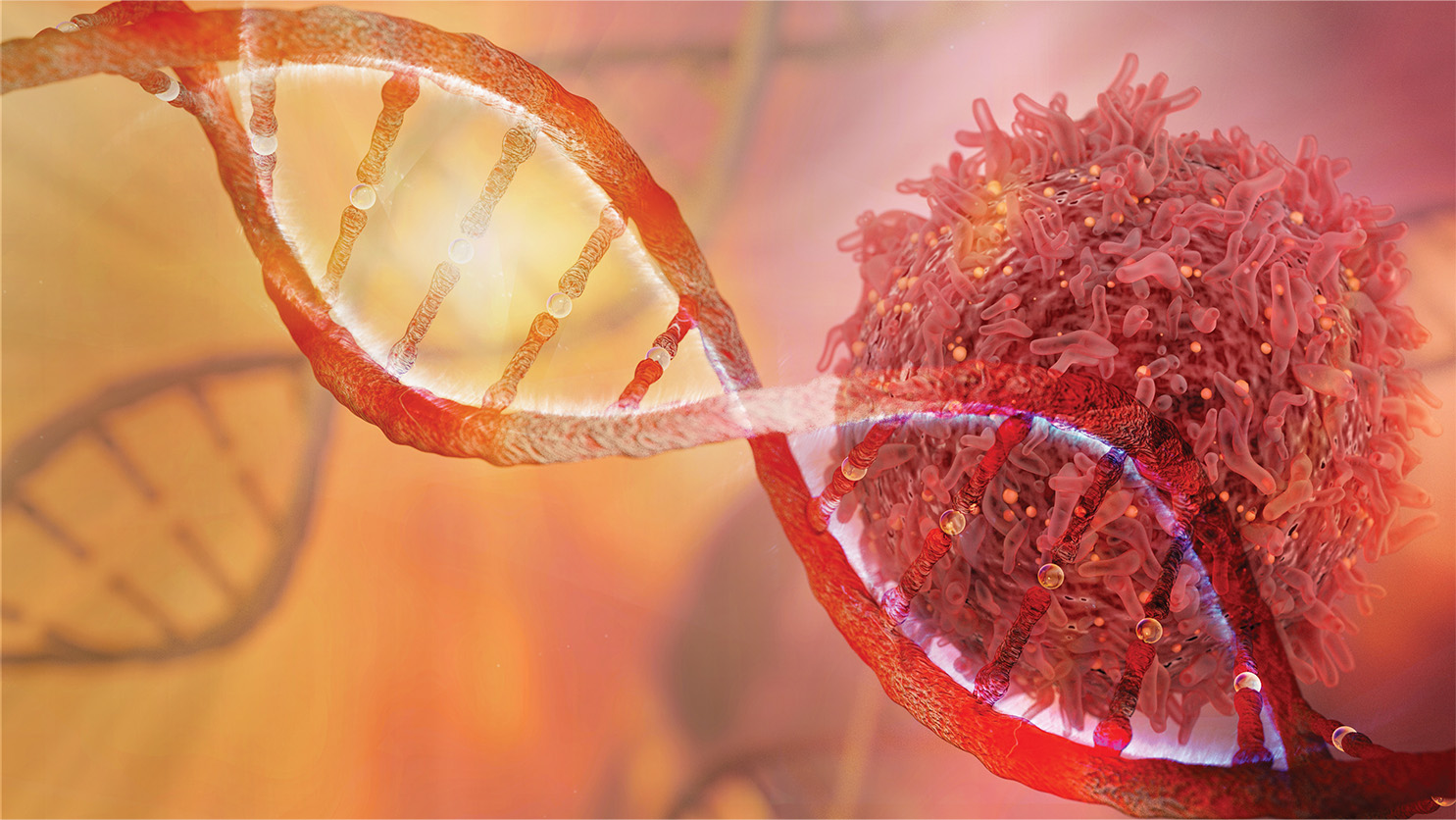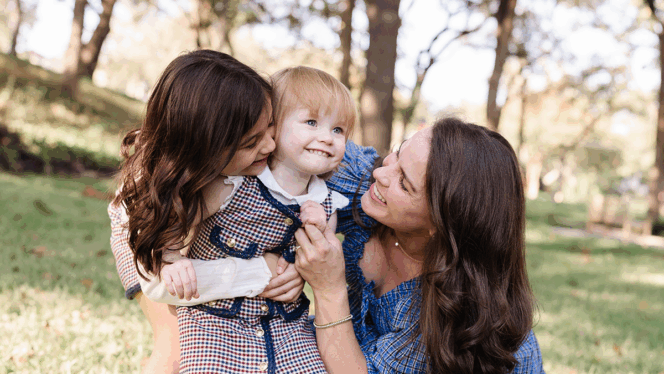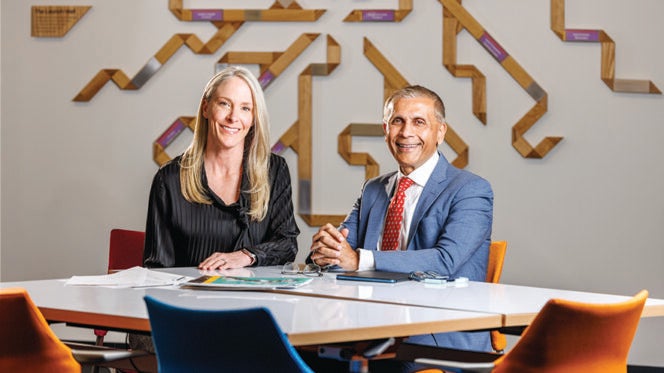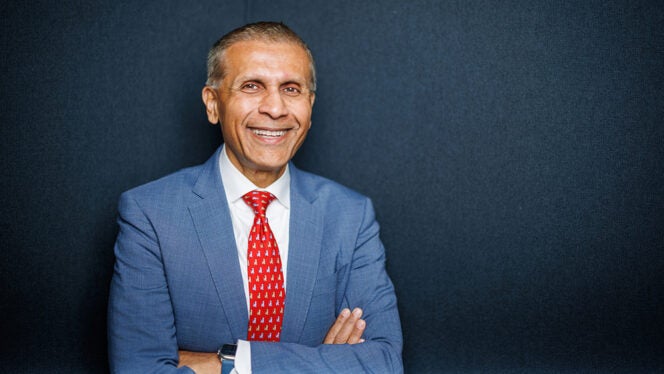Much of our current information about how to treat cancer comes from clinical trials; however, there are limits to what we can learn from trials alone.
Ronan Kelly, MD, chief of oncology at Baylor Scott & White Charles A. Sammons Cancer Center and the W.W. Caruth, Jr. Chair in Immunology at Baylor University Medical Center, describes what is missing from the current approach to cancer research. “Less than 10% of adults with cancer participate in clinical trials, but we gain all of our cancer knowledge from this small population
of our society. They also tend to be younger and have fewer comorbidities than most people with cancer. We need a different approach.”
Baylor Scott & White Research Institute (BSWRI), the research arm of Baylor Scott & White Health, is marking two years since establishing the Texas Immuno-Oncology Biorepository (TIOB), a novel research initiative dedicated to this need to advance the medical community’s understanding around immunotherapies and how they work in a real-world setting.
Through the TIOB, BSWRI is able to carefully collect biospecimen samples from a large and uniquely diverse patient population and safely make the samples available for cancer research. The objectives are to help scientists more closely examine the microscopic nuances that can change how one patient might respond to immunotherapy compared with another, as well as investigate other personalized modifications that could potentially improve the effectiveness
of an immunotherapy.
“Sometimes treatments don’t work. With the TIOB, we have the opportunity to go back and ask why these treatments didn’t work. Is there something that we could do just a little bit differently? How many drugs out there might work if we just had some more information? And even if patients do respond, is there a way to make this response better?” said Dr. Kelly.
Since its inception in October 2020, the TIOB has more than doubled in size and scope, expanding from covering five cancers to now collecting samples for 15 different cancer indications. It has also grown from two locations to now involving patients at seven different Baylor Scott & White sites.
These successes in the first two years helped lay the groundwork for Baylor Scott & White’s newest endeavor with the TIOB, a multiyear lung cancer study in collaboration with OncoHost, a commercial-stage precision oncology company, and the Translational Genomics Research
Institute (TGen), part of City of Hope, a nonprofit biomedical research center.
Through the TIOB and OncoHost’s PROphet® platform, a plasma-based, proprietary proteomic analysis tool, this new study will analyze resistance mechanisms in cancer using multiomics tools including proteomics, single cell analysis, Ct-DNA, and microbiome analysis combined with bioinformatics and machine learning tools.
A comprehensive analysis will be conducted on lung cancer patients at various stages of the disease, analyzing elements such as the host response, the patient’s microbiome, tumor DNA and immune system activity. Testing will look at the patient’s urine, blood, stool, tissue, cells, DNA, RNA and proteins. The trial will include some 350 patients who will receive follow-ups for up to five years.
“Immunotherapy—using one’s own immune system to recognize, attack and kill cancer cells—is the ultimate example of personalized medicine,” said Dr. Kelly, who serves as principal investigator of the study. “We are continuously exploring ways to learn from each patient we treat. With this study, we’ll add to the global effort to better understand what is happening
to a patient’s immune system at multiple time points throughout their journey with cancer and what if any is the impact of subsequent cancer treatments.”
The TIOB’s scope, scale and opportunity for impact has resulted in generous support from forward-thinking philanthropic funders who helped launch and grow this effort. Continued donor support will be crucial to further expand the reach and impact of this research.
For more information, contact

